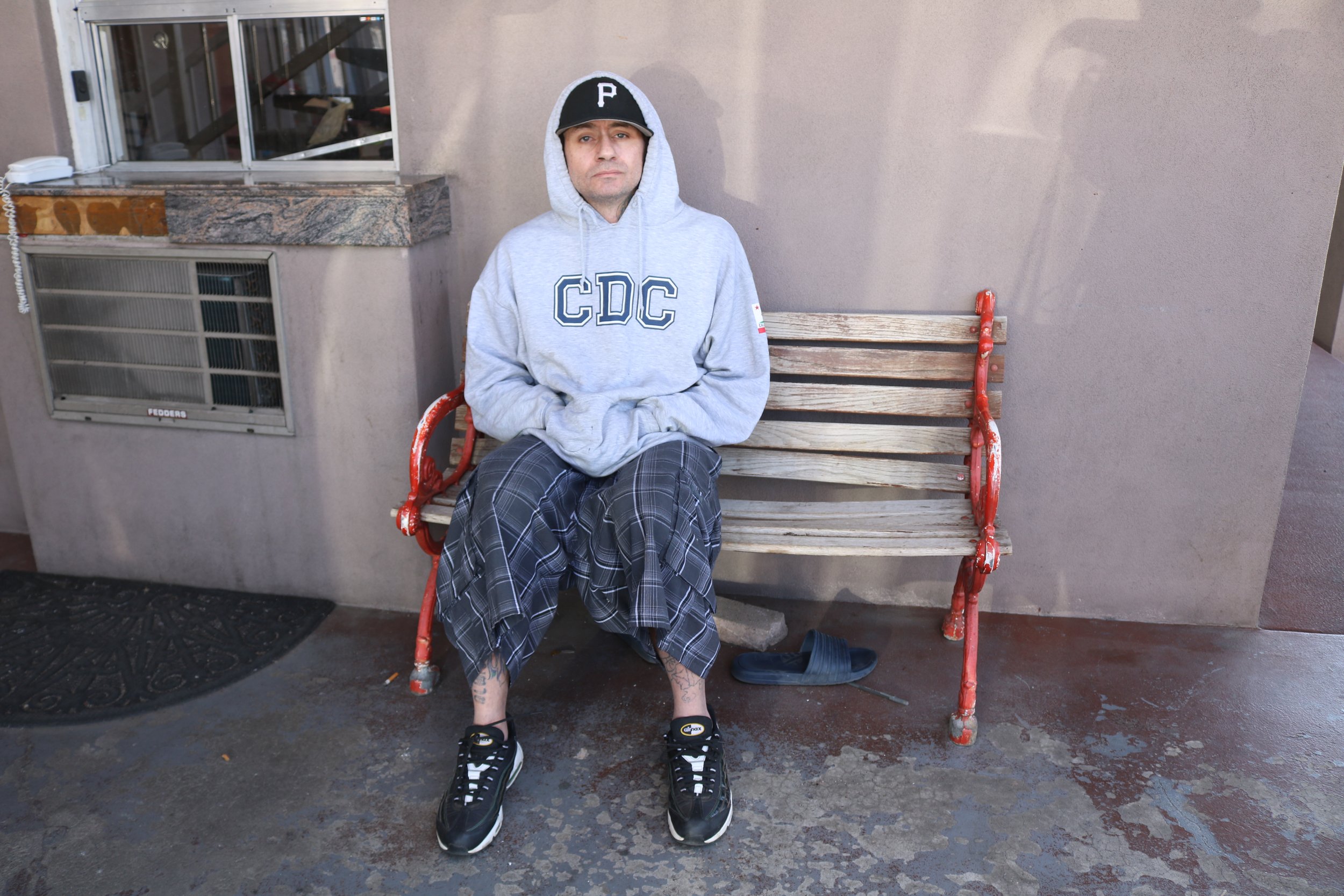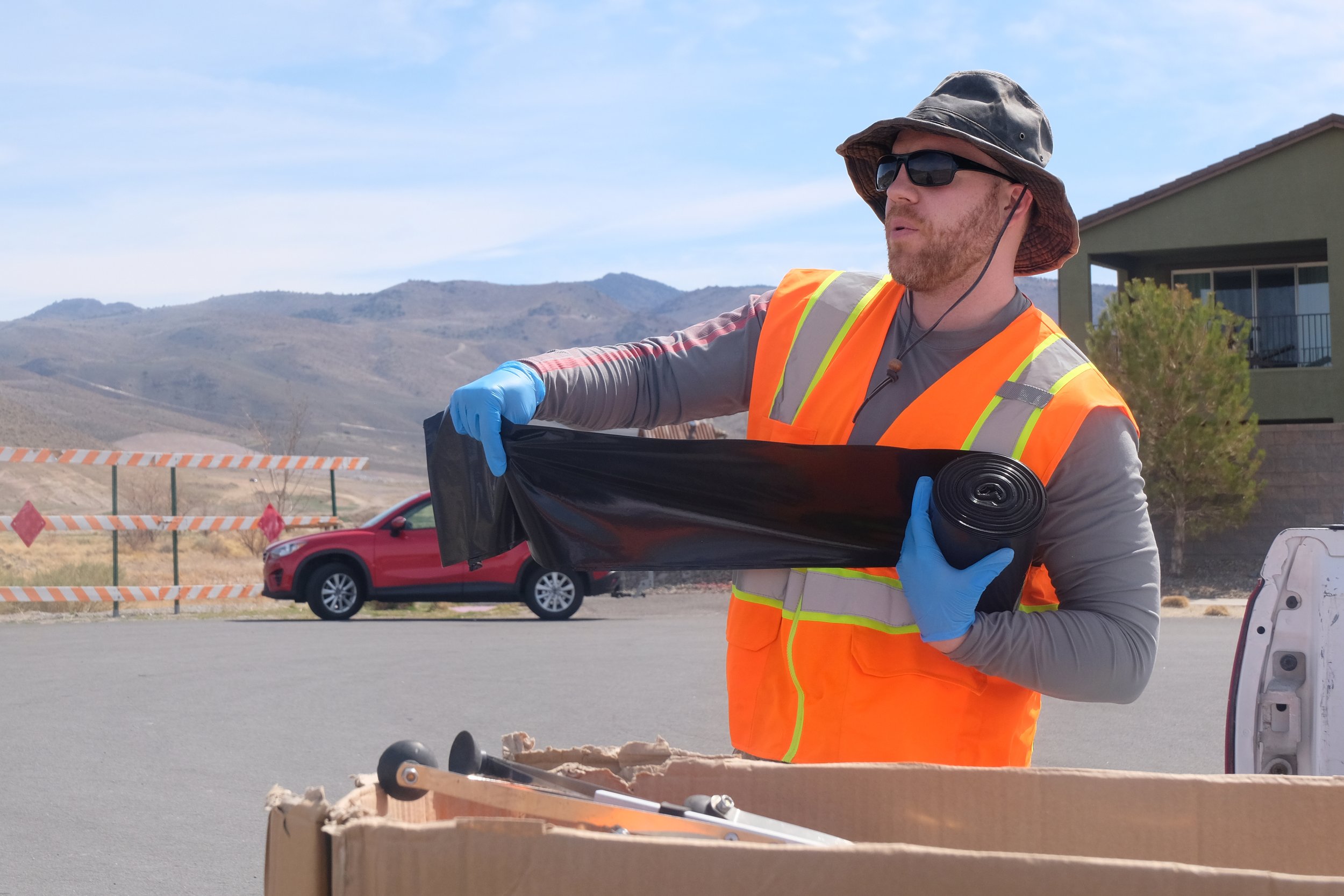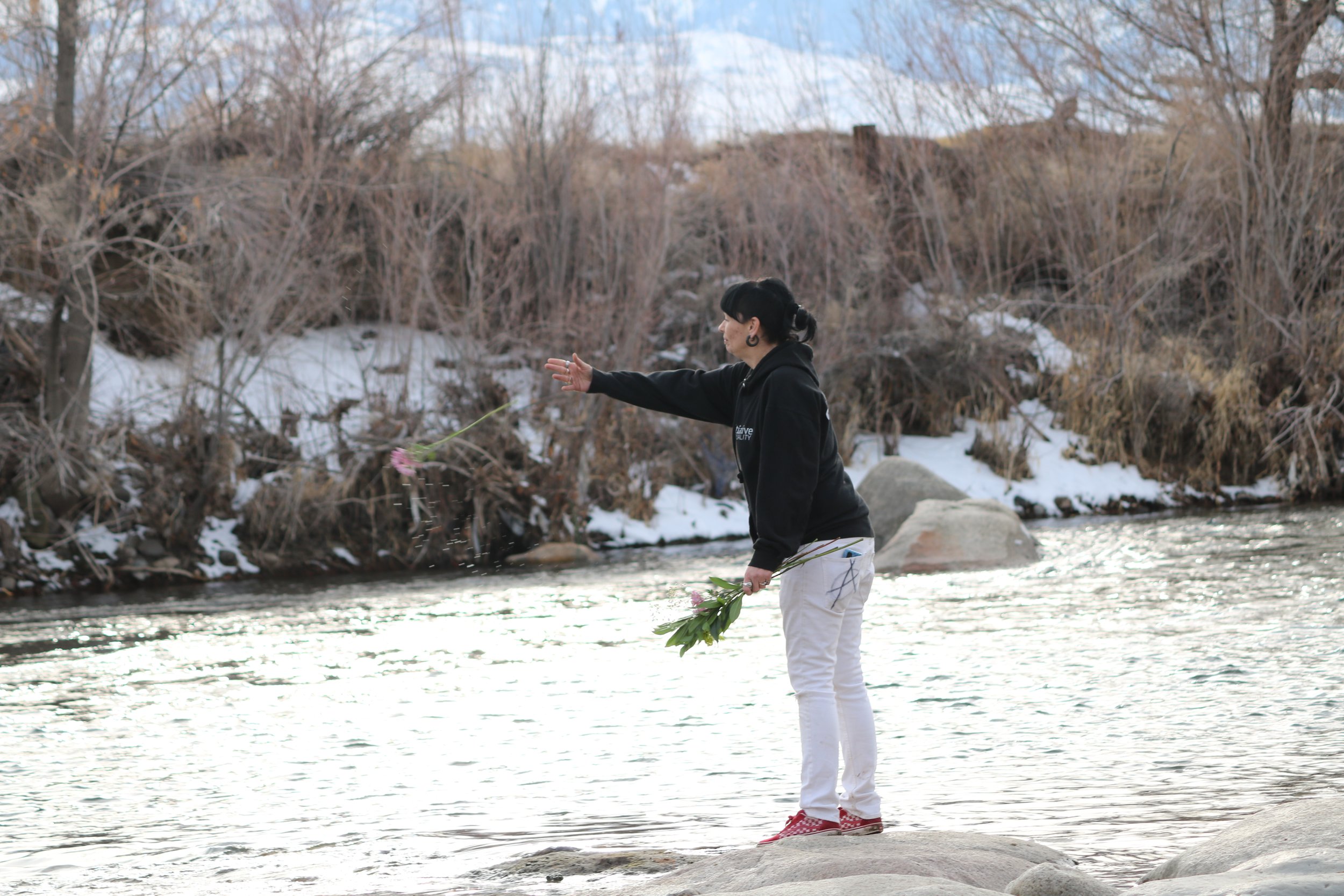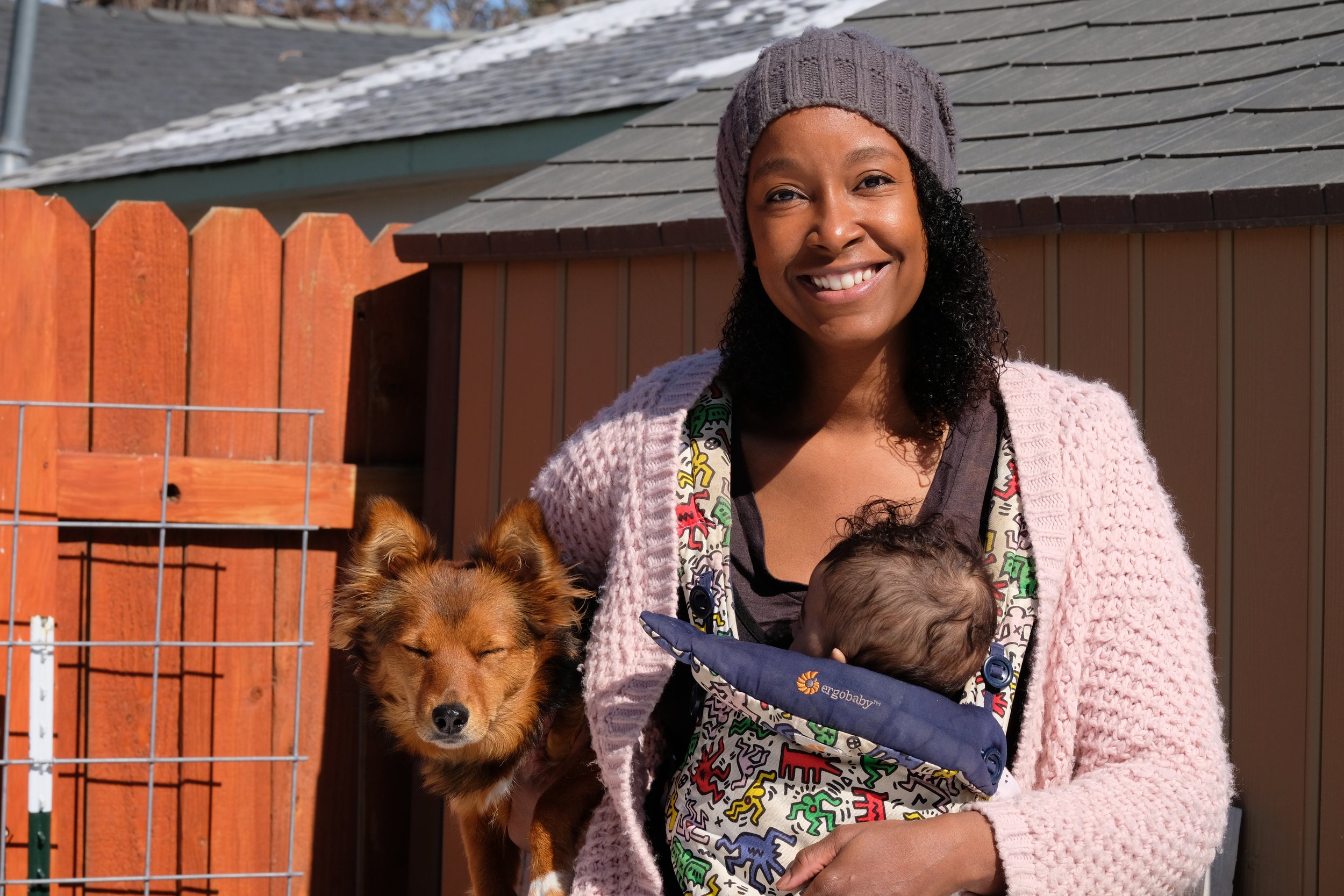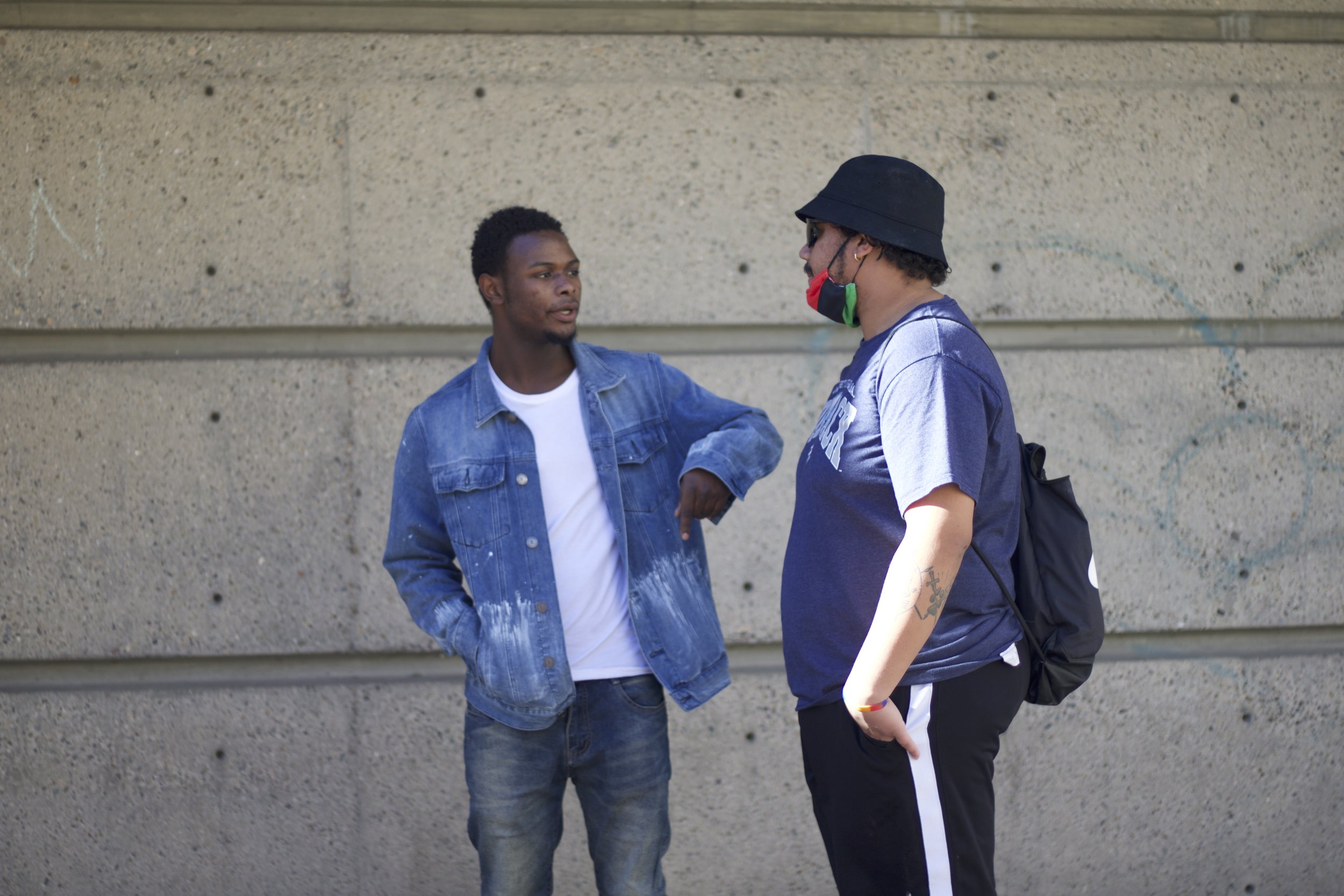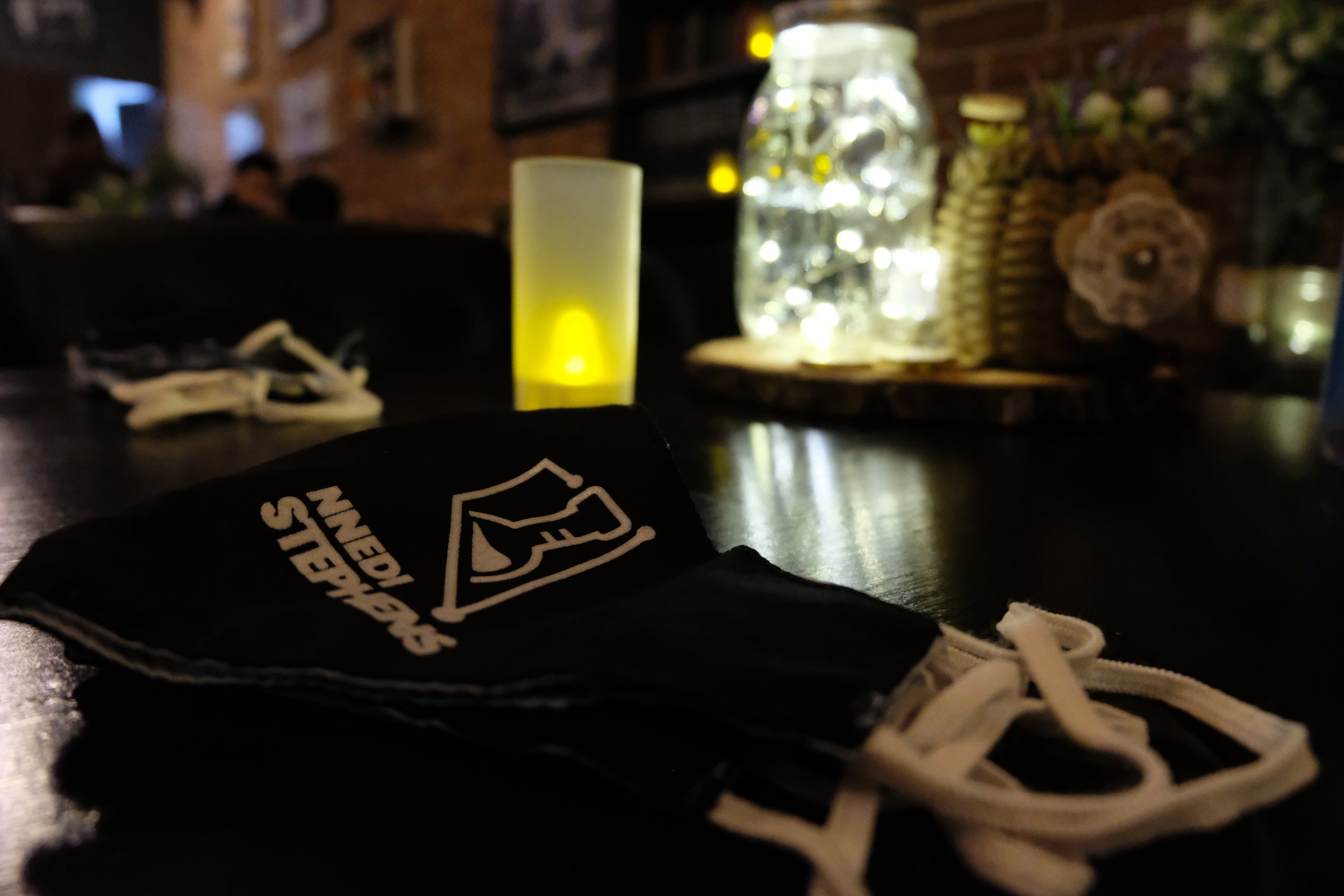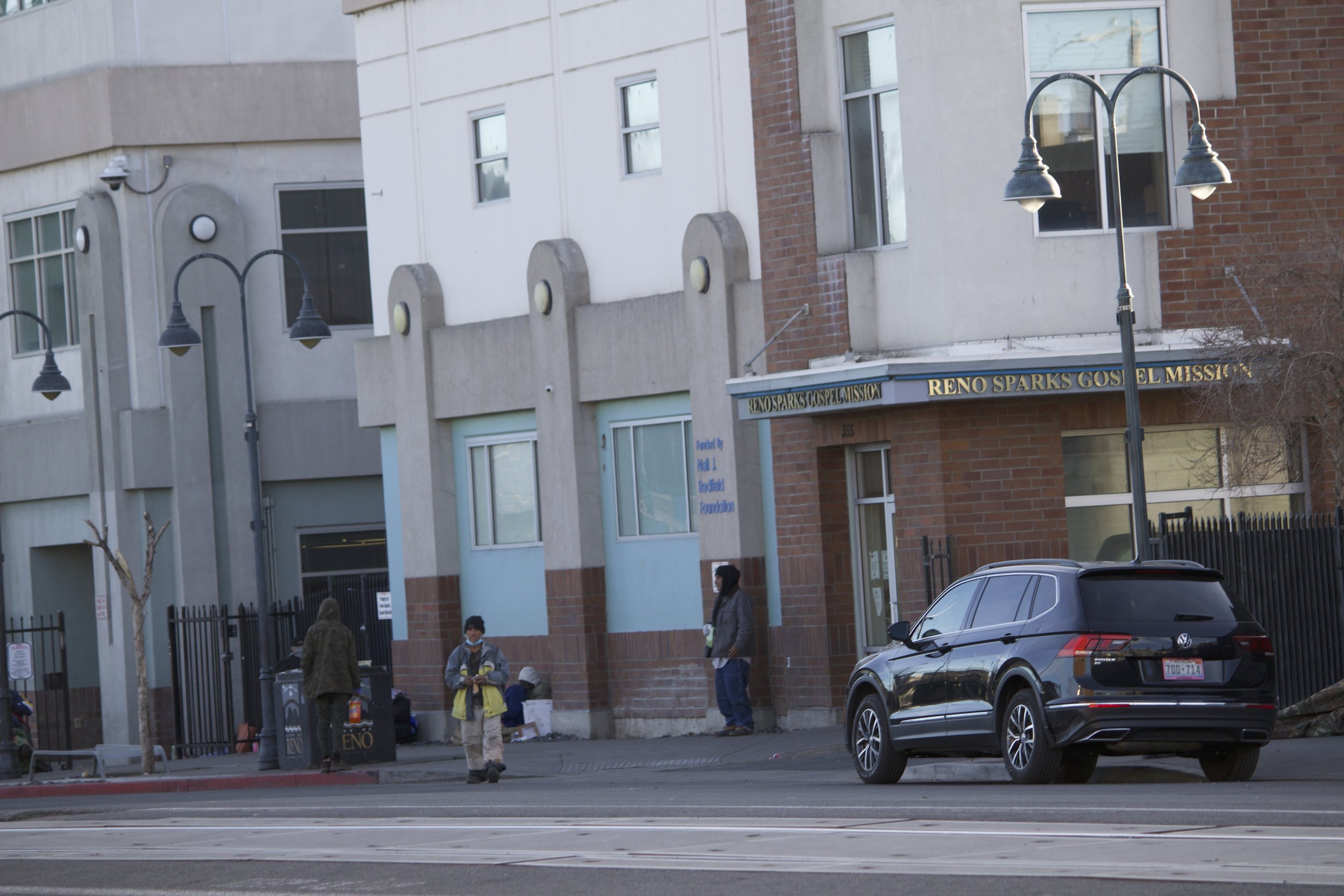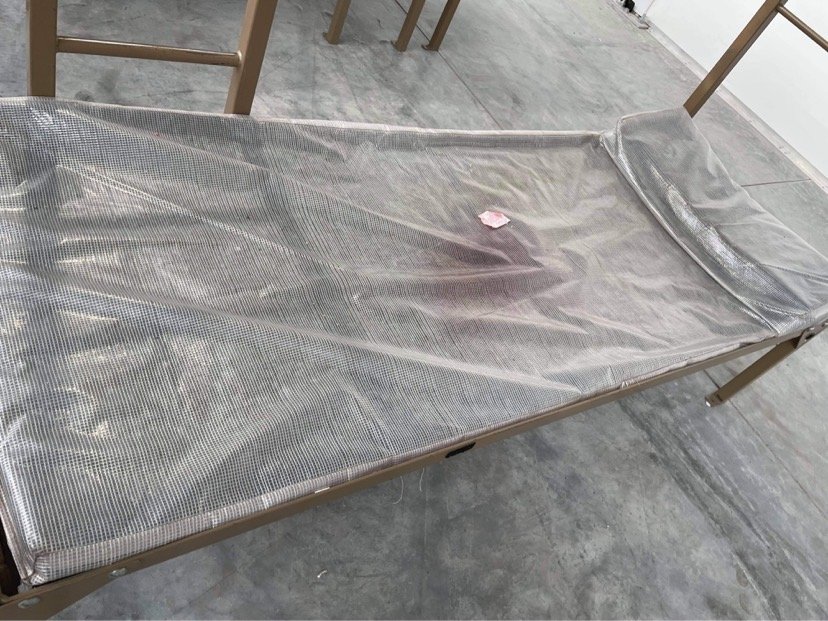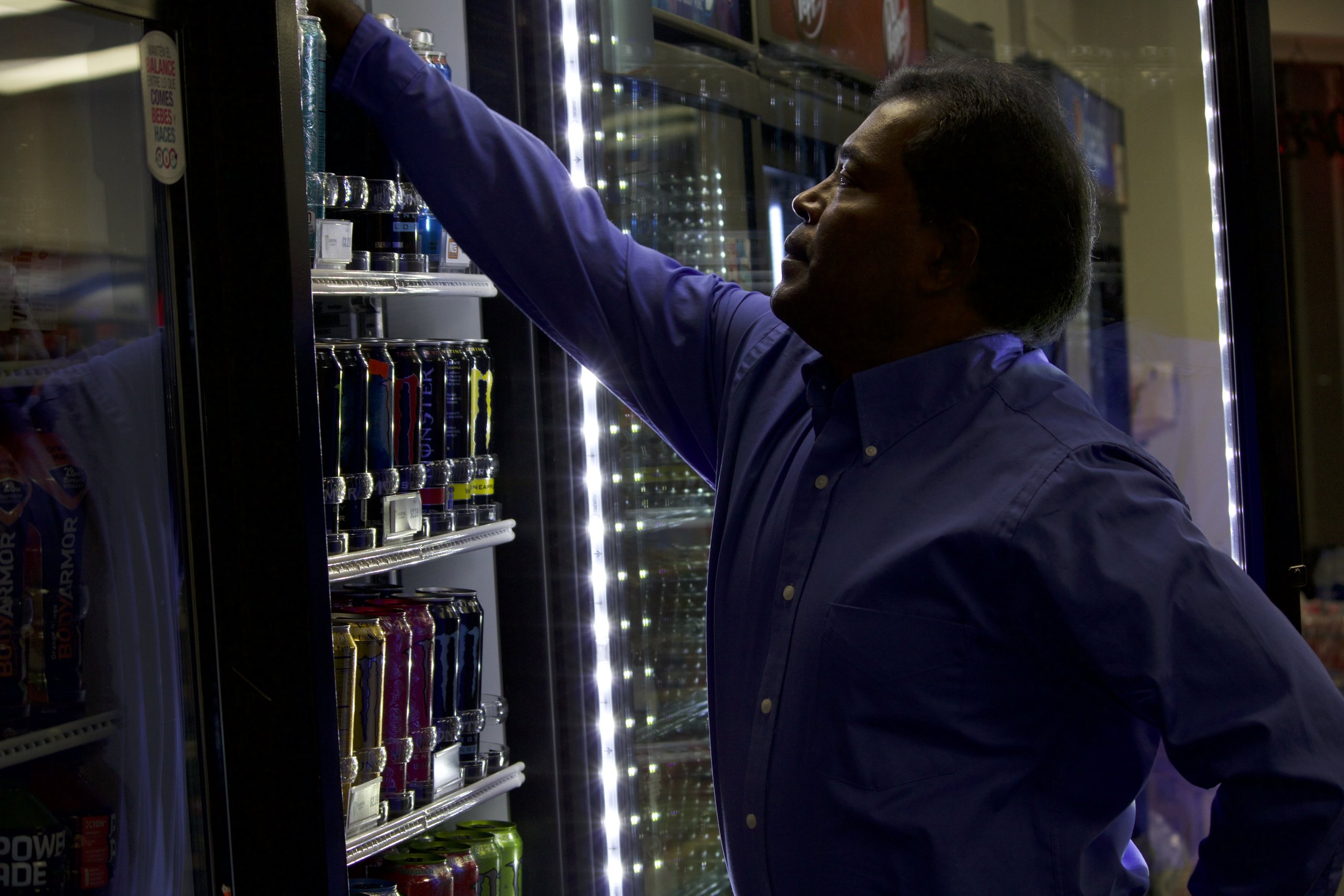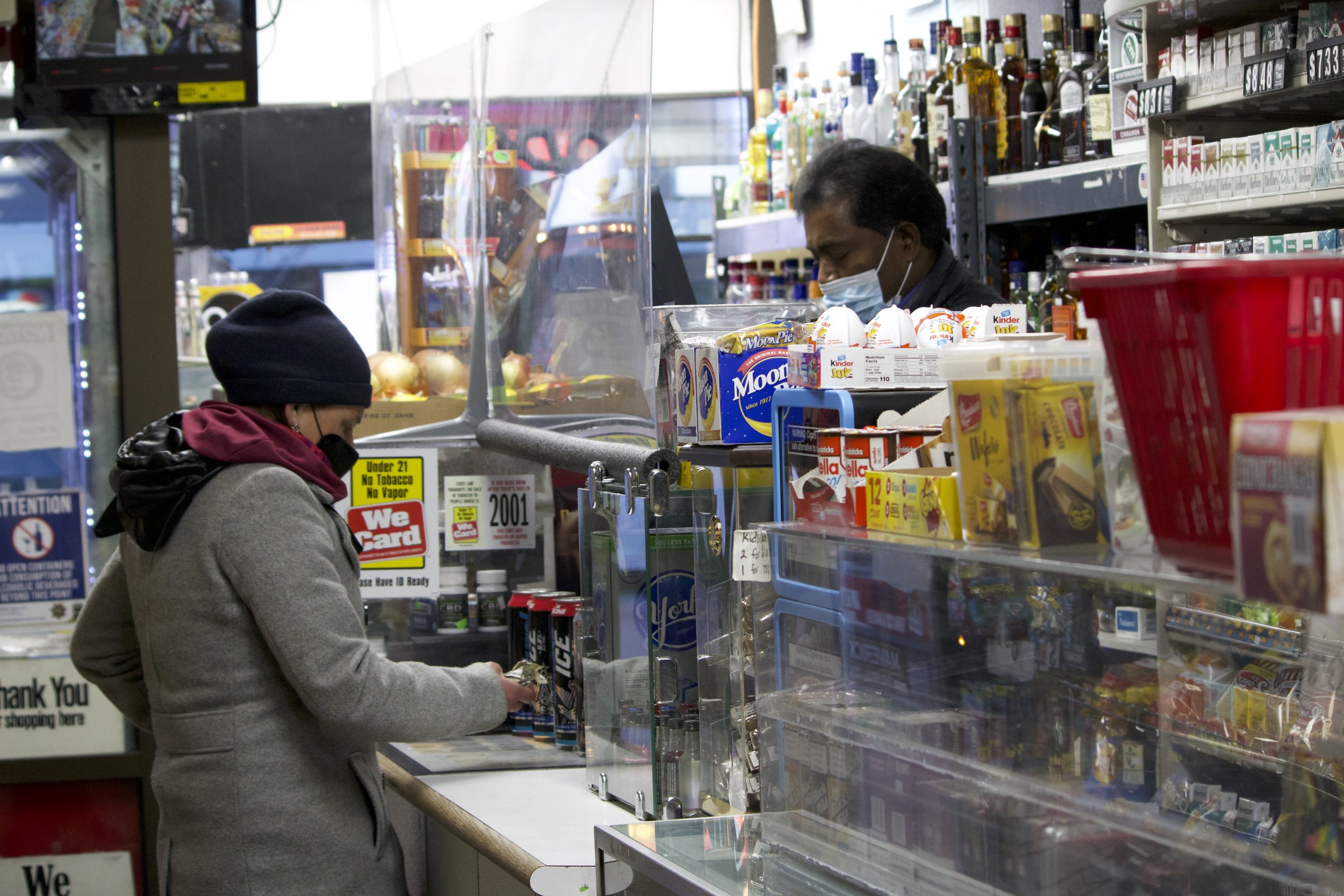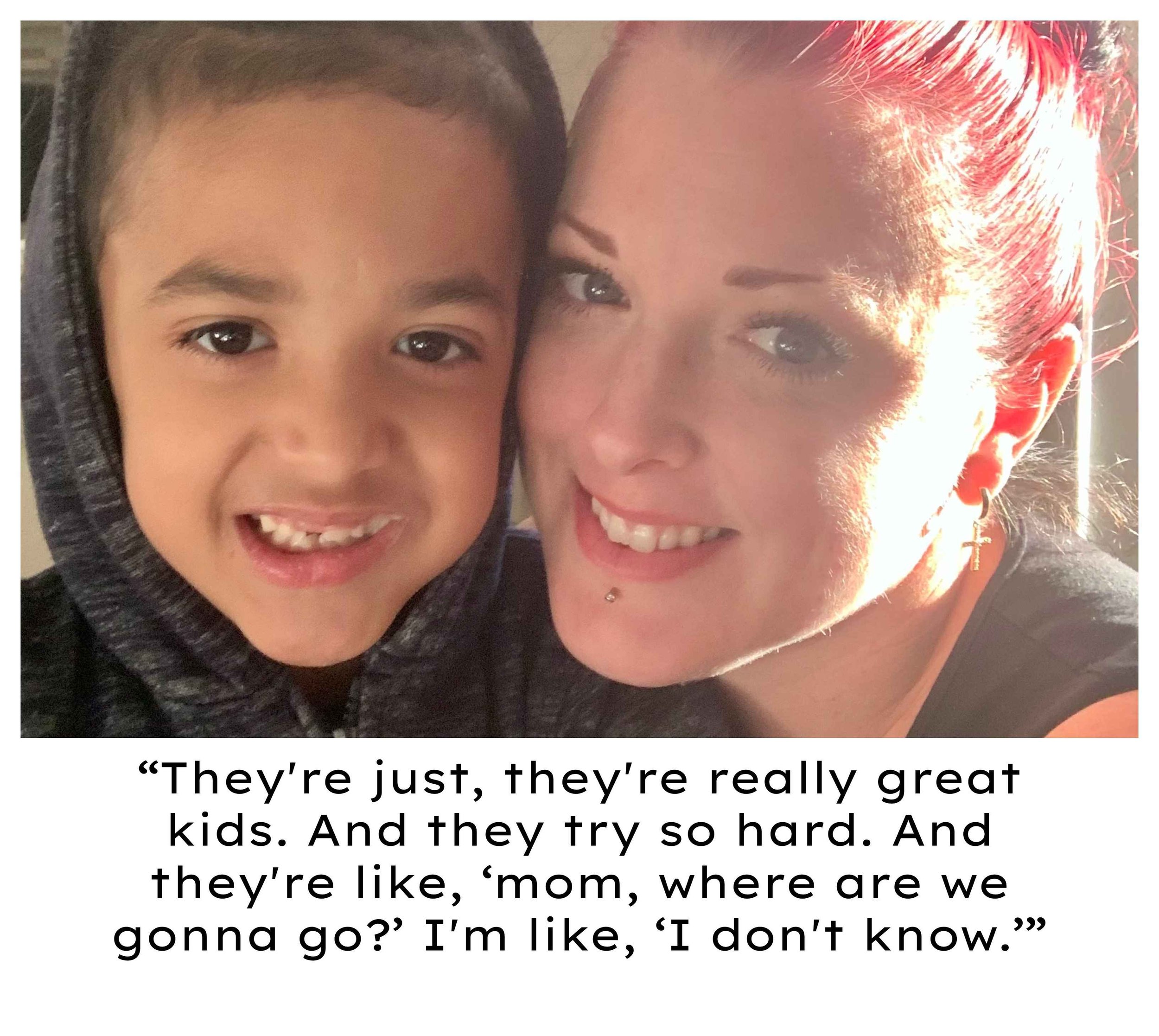The music was loud and a hue of green, blue and red spotlights took turns to highlight parts of her face and body as a woman who goes by the alias Olya grooved with the music and danced the night away. She was on a podium in a race-car outfit that consisted of a checkered crop top and violet high-waisted thong to match the theme of the night.
“Hey, do you accept tips?” a couple called out to her. She bent down to them, politely said yes through her face mask and accepted the dollar notes that they placed on the podium, picking it up and carefully tucking the money in her sock. Those few dollar bills remained placed in the sock half peeping behind it for the rest of the night as she would go dancing for twenty minutes on the podium and also while she came down to take a break as her other colleagues would fill the spot for the rest of the time.
Olya, 31, came to America from Ukraine when she was nine. She is pursuing her Doctorate and is a research assistant at the Cognitive Brain Sciences Program at the University of Nevada, Reno. Her research focus is attention and how humans pay attention to various objects. However, research, though primary, is not the only aspect of her life that she pays close attention to.
Lately in addition to dealing with paying for rising rents, her high level of studies, her nighttime job, Olya is dealing with the war in Ukraine, with family on both sides of the conflict. “My heart is with Ukraine,” she told Our Town Reno. “[Russian President Vladimir] Putin is a ticking time bomb, his ruthlessness knows no bounds. He will stop at nothing to make my people suffer, and it is up to the world to decide whether they are bold enough to save a country and president who [has been] fearless enough to stand up to Putin.”
While concerned about the state of the world, Olya also needs to take care of herself and her journey, and here in Reno on weekends, for her, that includes being a Gogo performer with an entertainment production company called BLV productions.
She dresses up in different costumes and performs in bars around the city. “When I started…one of the initial jobs in the Reno area was bartending,” she remembers.
“So once I got into bartending, I transitioned to working as a bartender … at the local nightclubs. And I loved being around music and dancing so much that I foresaw myself as eventually transitioning out of the bartending and cocktail serving into the dancing role, because I saw something, a part of it when I'm up there on the podium and honestly, for the most part, I close my eyes and nothing in the world exists except for the music and myself. And I just get to express myself and be free. And it just feels so beautiful and serene. And especially when the DJ has the music just right, you just see the biggest smile on my face and I'm just like, that's, I live for that. I love it. And it's my four hour shift that goes by like nothing happened and I get to leave and it's like a workout plus I got to do exactly what my soul just really wanted to do for the week. It's my stress relief.”
Olya was raised in a strict household, so it’s maybe not exactly what was expected of her initially. “Growing up was a little difficult because my dad was a very authentic Russian man,” she says. “So for him, it's his word inside the house and nothing else mattered. So, he had this saying, while we were growing up that children are better seen and not heard. We did not get to share our opinion no matter what it was…after a while our life in the house got kind of difficult and he was a very emotionally and physically abusive man. So …my sister and I did not get to live with him for very long, so she came here when she was 12 and at 16, she got emancipated out of the house. And then when I came here when I was nine and at 16, I also got taken out of the house by Child Protective Services”
Though her mother focussed a great deal on creativity and enrolled them (she and her sister) to dancing classes where they learnt everything from gymnastics to ballet, her father ensured that they would not participate in anything other than academics. Her initial years in America went by assimilating into the culture, learning the language and speaking without an accent. Her father wanted to make sure they could ‘blend in’ and do not look like ‘immigrants’ here.
“I lived in a group home at the time for about six months while we were getting the process done, for my sister to adopt me. So it was an interesting time, but it really taught me that no matter how scary a situation may seem, that you can get out of it and there's ways of progressing and moving forward. It was nice that my sister when she adopted me at 17, she raised me for that final year and she helped me to calm down emotionally. She was my biggest support system through growing up and just realizing that I am my own human, that I get to make my own decisions and I get to have the final say in my life, and I didn't have to do what other people's opinion of me was.”
Having spent a lot of her American childhood in Sacramento, before coming to Reno, it was quite a drastic move as Olya explains. She worked many odd hours to be able to go to school again.
She says since the age of 17 surviving came down “to lack of sleep and a lot of coffee.” But as a Gogo dancer she says the production company pays her well. “Not only do I get paid, which by the way BLV is very good at, I also get tips and sometimes they come questionably because of course, you'll have somebody that comes up and they'll want to make it rain on you at the same time for you to dance more provocatively but you do make tips. And that is a really nice way to not go hungry in the middle of a housing crisis that a lot of graduate students are experiencing right now,” she said.
Olya started as a Gogo dancer in 2019 right before the pandemic. She describes it as a fantasy because, “when you're up there and you're in a costume and especially for any kind of theme night, you get to dress up as, as a whole different person, as an avatar, as somebody else. And you get to be up on that stage or that platform, and you get to really, really connect yourself to this other personality that you may not express in your academic or your professional life…you're also looked down on in many ways, because again, as a Gogo you're, most of the time, your outfits are…are pretty minimal.”
Taissa has specific ways to deal with patrons who make aggressive advances. “The best way to handle this is at least with all of the security guards that are in the nightclubs,” she explained. “They're very good about having a signal where there is, if somebody is making any kind of unwanted comments, if somebody's trying to touch you, for example, anything like that in some of these you throw up some peace signs and that security guard is over there at all times. In terms of tips, they're not allowed to touch you at any time. So basically we have tip jars, they can put the tip in the tip jar or give you the tip in your hand, but you are not allowed to be touched at any time…That is not the kind of industry or the kind of, behavior that anybody wants to promote there.”
Olya wants to break the stereotypical notions that people have towards the gogo dancing entertainment industry. “In academia and professional life, you don’t really share that part of you, [they might say] ‘oh well now I can't take this person seriously.’ And that's something that I want to break. Nobody should be judged on their personal life, like that kind of personal life. They should never be judged like that. And that should never undermine what they know, what their credentials are, what kind of education they finished or anything like that. And I think, especially in the recent years with the me too movement, that's been really instrumental to say that I can be a professional and I can be a Gogo dancer and I don't have to pick one or the other. I, I can do both. And that's okay.”
Apart from being a researcher and a Gogo artist, she has been a part of the Graduate Student Association for four years and serves as an Internal Vice President this academic year overlooking the work and functions of all the team members in the Council. She loves being a part of the local community, and teaching young minds about the brain.
She says choosing an entertainment company to work for is almost similar to choosing an academic job. She insists on doing thorough “research” and background checks on the company in question. ‘Is this the company that you wanna work for? Do they pay you on time? What are your hours?...really do your research on the company before you sign up and don’t sign on just anything and make sure that that company has a contract that you can read through at all times. So don't just automatically go for the first thing, really find out like you would do in an academic job.”
Our Town Reno reporting and photos by Kingkini Sengupta
